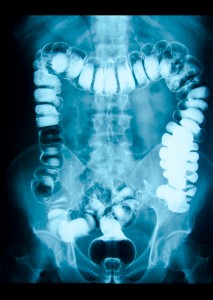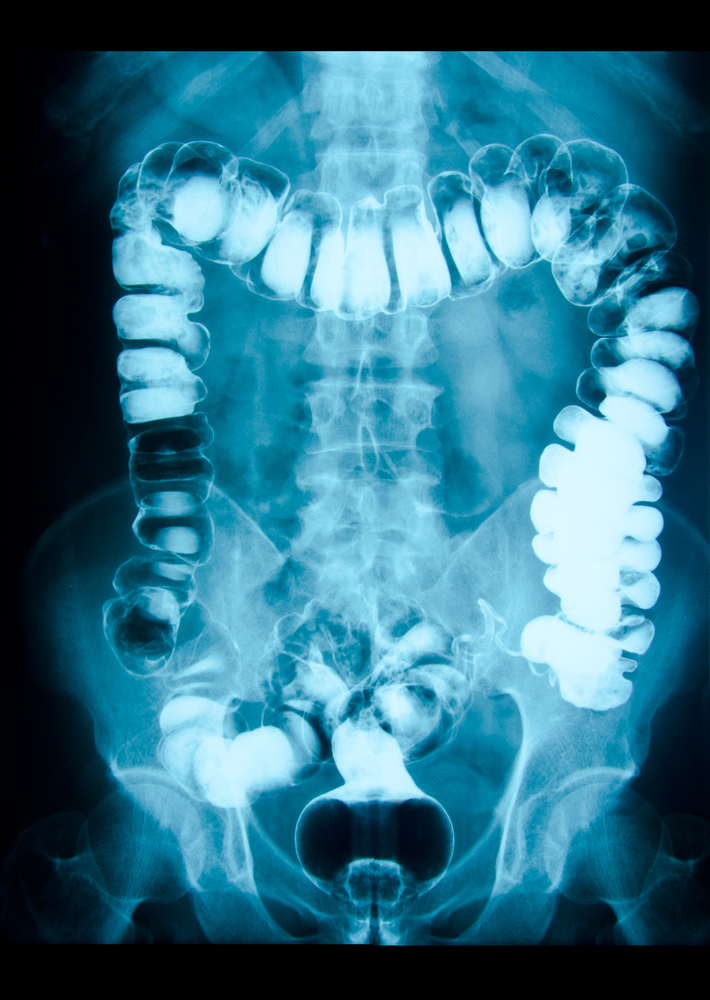 In a recent study titled “Sphingosine-1-phosphate lyase downregulation promotes colon carcinogenesis through STAT3-activated microRNAs”, published in The Journal of Clinical Investigation, a team of researchers from the Children’s Hospital Oakland Research Institute (CHORI), has found that sphingolipids can be the key link between diet, inflammation and cancer.
In a recent study titled “Sphingosine-1-phosphate lyase downregulation promotes colon carcinogenesis through STAT3-activated microRNAs”, published in The Journal of Clinical Investigation, a team of researchers from the Children’s Hospital Oakland Research Institute (CHORI), has found that sphingolipids can be the key link between diet, inflammation and cancer.
The research team, led by Dr. Julie Saba, MD, PhD, showed that sphingosine-1-phosphate (S1P), a sphingolipid metabolite found in mammalian food products and produced by human cells, can participate in colon inflammation, inflammatory bowel disease (IBD) and inflammation-associated colon cancer. However, the authors found that sphingadienes, sphingolipids derived from soy and plants, can have a protective effect against inflammation.
Several different studies have already recognized a link between inflammation and cancer, especially in colon malignancies, since patients suffering from IBD have a higher incidence of colon cancer.
Inflammation is thought to be linked to the early phases of carcinogenesis, participating in cell transformation from healthy to malignant.
With the industrialization of nations both IBD and colon cancer incidences have started to rise, suggesting that diet and nutrition play major roles in colitis and colitis-associated colon cancer.
Bioactive sphingolipids have the capacity to regulate programmed cell death pathways, stress responses, immunity, and inflammation. As such, they play key parts in the development and progression of tumors, especially in colon cancer, where gut epithelial cells are exposed to sphingolipid metabolites.
Throughout malignant transformation, there is an increase in the enzyme responsible for S1P generation and a decrease in the enzyme responsible for its degradation, S1P lyase (SPL), resulting in an accumulation of S1P in the gut mucosa.
Using a genetically modified mouse model lacking SPL in the gut tissues and a mouse model of colitis-associated colon cancer, the research team studied the link between inflammation and tumor development.
They observed that, when compared to controls, mutant mice had a significantly higher rate of inflammation and a higher incidence of colon cancer.
Furthermore, the team discovered that S1P signaling led to the silencing of two tumor suppressor proteins, involved in protection against cancer development.
Interestingly, soy or plant sphingadienes were not metabolized to S1P and increased SPL levels in the gut, reducing inflammation, IBD and tumor development.
Overall, these results reveal a link between diet, inflammation and cancer, highlighting sphingadienes as possible preventive agents for patients considered at risk of developing colon cancer, such as children or adults suffering with IBD.


